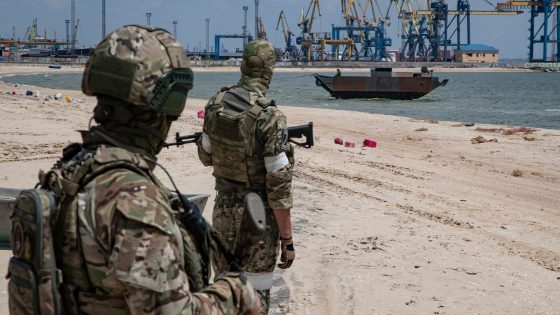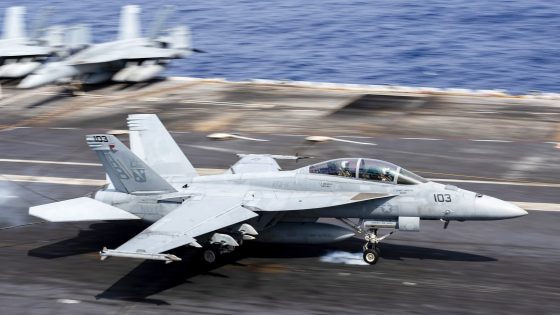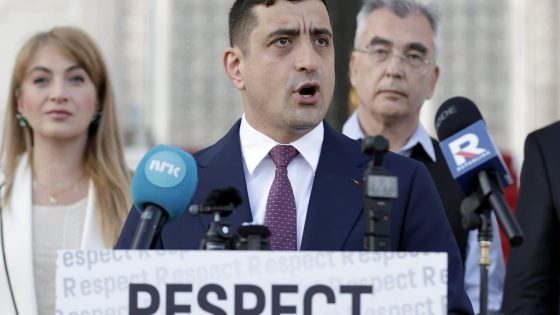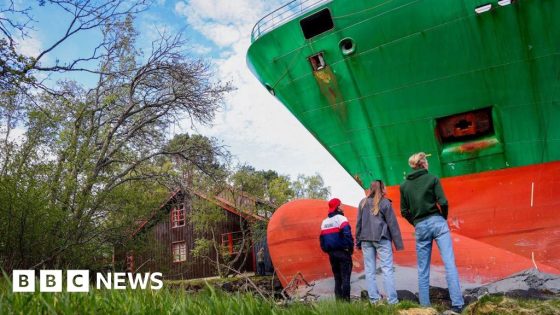The European Union has ramped up its sanctions against Russia, targeting key entities involved in the military and energy sectors. As of 2025-05-20 16:48:00, the EU has imposed restrictions on a Russian oil company, a shipping business, and over 45 military-related individuals and organizations. Notably, a Chinese state-owned company has also been added to this list, highlighting the EU’s commitment to holding nations accountable for their actions.
- EU restricts Russian oil company and shipping business.
- Entrepreneurs banned from 45 military entities.
- Stricter export controls for Russian companies.
- EU explores sanctions on Nord Stream companies.
- New restrictions effective from Wednesday.
In addition to these measures, several dozen Russian and third-country companies will now face stricter export controls when purchasing European goods. This move reflects the EU’s ongoing efforts to curb the influence of entities that threaten international stability.
As calls for a ceasefire intensify, the EU is already contemplating further sanctions, including potential bans on dealings with companies linked to the Nord Stream gas pipelines. This evolving situation underscores the global ramifications of geopolitical tensions.
The recent sanctions raise important questions about the future of international trade and cooperation. Will these measures effectively deter aggressive actions, or could they escalate tensions further? Consider these points:
- Stricter export controls may hinder Russian access to critical European goods.
- Increased scrutiny on military-related entities could reshape global alliances.
- Potential bans on Nord Stream companies signal a shift in energy policy.
As the situation develops, it’s crucial for global citizens to stay informed and engaged in discussions about international relations and their implications for the future.
































